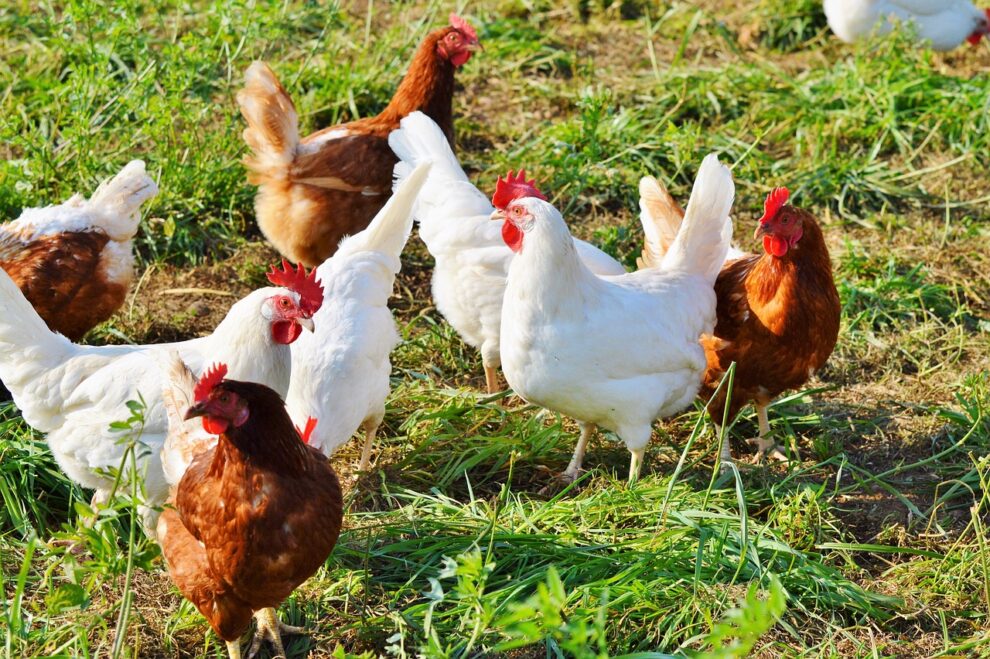Argentina has announced the automatic suspension of poultry exports after discovering a case of bird flu on a chicken farm.
In a statement late Tuesday, the Senasa food health agency said a case of highly pathogenic avian influenza (HPAI) had been found in the province of Rio Negro, in an area some 1,100 kilometers (680 miles) south of Buenos Aires.
It was the first case detected in a broiler chicken on an Argentine farm, Agriculture Minister Juan Jose Bahillo said on Twitter, as the world deals with a fierce outbreak of the H5N1 bird flu virus also detected in mammals and recently a few humans.
Senasa said poultry production for domestic consumption will continue, “as HPAI is not transmitted through the consumption of chicken meat and eggs.”
Added Bahillo: “Our poultry products continue to be safe for Argentines. The suspension of exports responds to the requirements of international regulations.”
Containment measures are being taken to avoid virus spread, the minister added.
In recent weeks, authorities had detected 24 cases of H5N1 in wild birds.
According to official figures, Argentina in 2020 was the world’s eighth largest chicken exporter, mainly to China, South Africa and Chile.
Since late 2021, one of the worst global avian influenza outbreaks on record has seen tens of millions of poultry culled, mass wild bird die-offs and a rising number of infections among mammals in several countries.
In Cambodia, an 11-year-old girl fell ill in mid-February with a fever, cough and sore throat, and died from the H5N1 bird flu virus, according to the health ministry there.
Her father also tested positive, but Cambodian health authorities have ruled out human-to-human transmission.
Humans rarely get bird flu, but when they do it is usually from coming in direct contact with infected birds.
